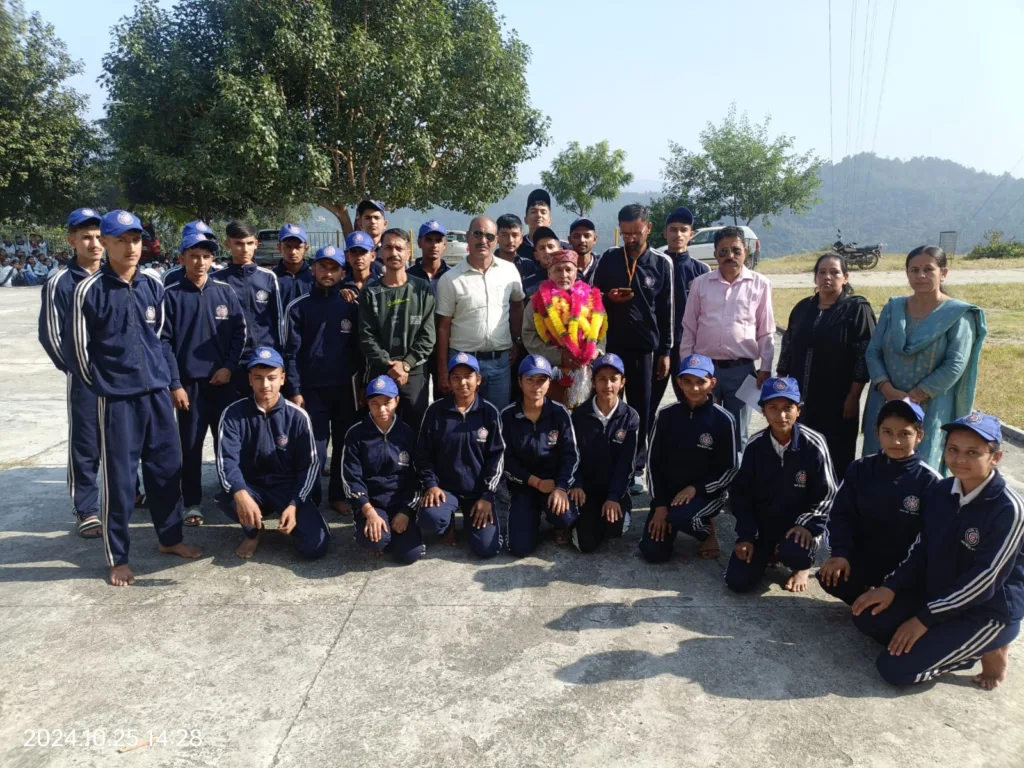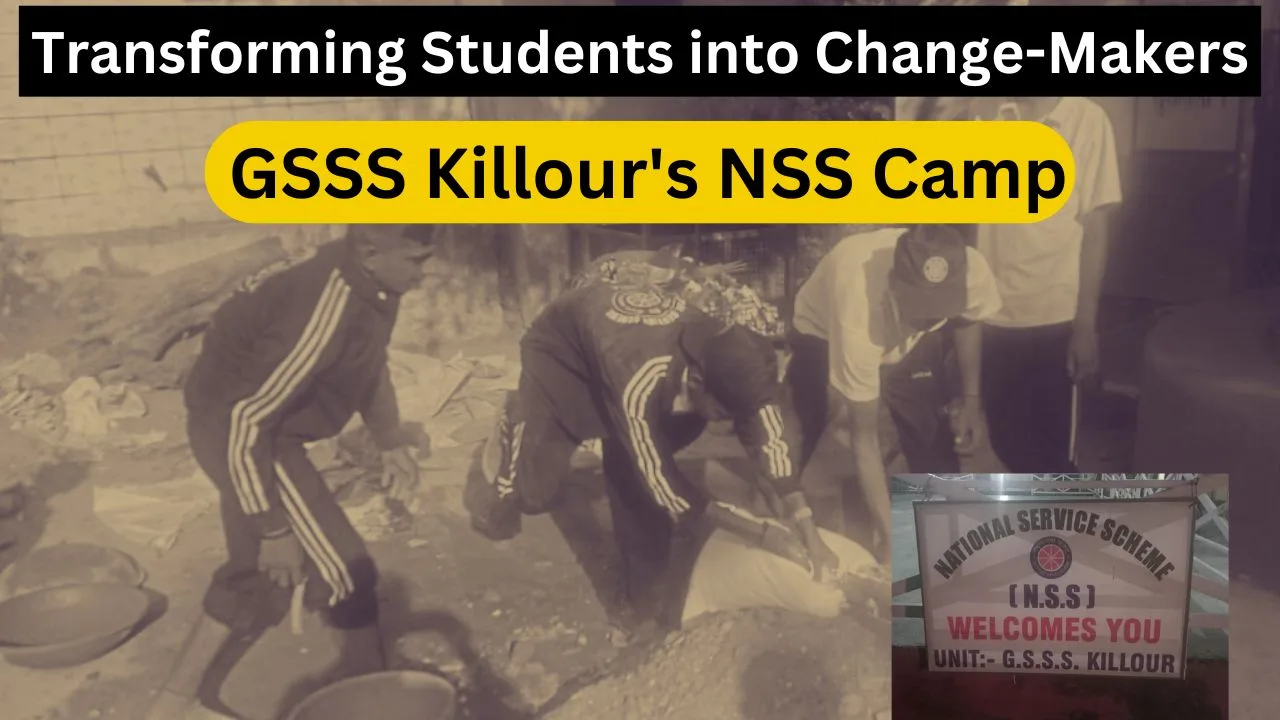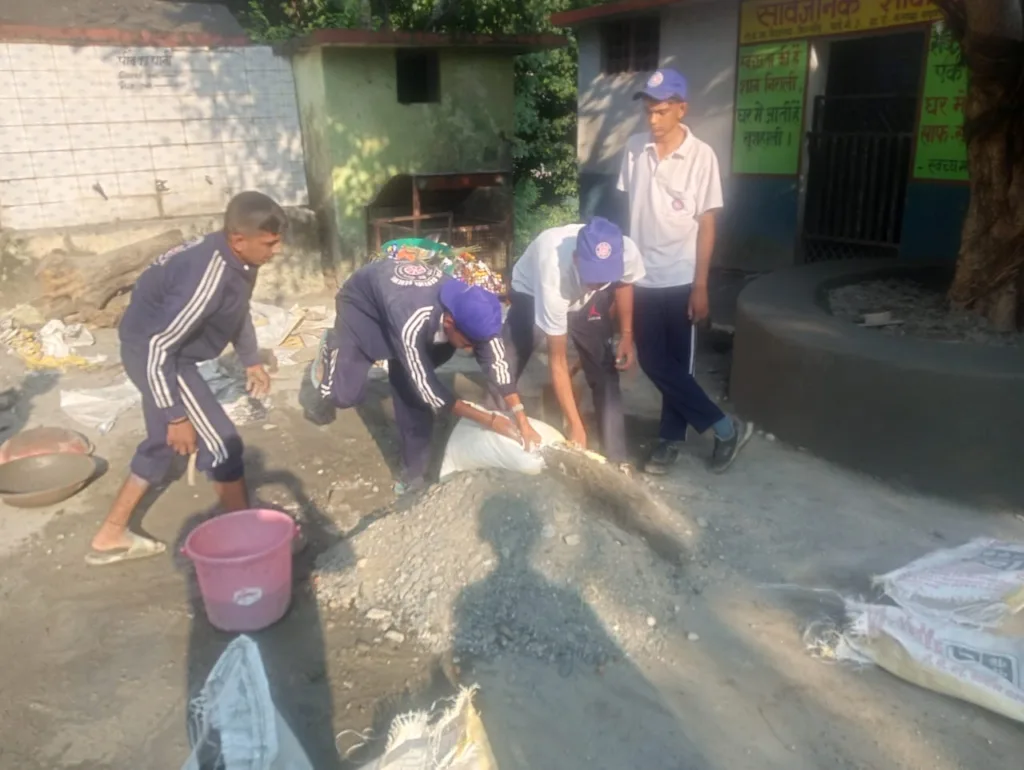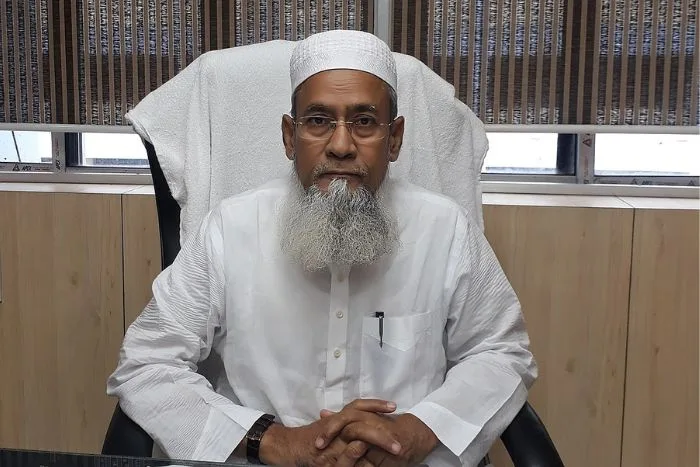Sirmaur, Himachal Pradesh: A seven day National Service Scheme (NSS) camp commenced on October 22 at Government Senior Secondary School, Killour, with enthusiastic participation from students. This camp aims not only to promote education but also to instill values of cleanliness and environmental awareness among the students.
Holistic Development of Students: The Ultimate Goal
Throughout the camp, students are engaged in learning new skills daily. Economics lecturer Ratan Chauhan highlighted that this initiative is designed to foster the all-around development of students. NSS coordinators Anil Tomar, Babita Tomar and Bhupendra Paul have played key roles in organizing the camp successfully. NSS volunteers are assigned various tasks, including cleaning the school premises, as part of their activities.
Protecting the Environment is Our Future
A highlight of the camp was a special program held on Friday, where Chief Guest Dr. Kameshwar Prasad Dimri addressed the students. He emphasized the importance of protecting the environment alongside their academic pursuits. “If our environment is not secure, how can we envision a bright future?” he asked, inspiring students to be more environmentally conscious.

Encouraging Programs Alongside Studies
Dr. Dimri concluded the program by thanking the school’s teachers for organizing an initiative that supports the holistic growth of students. He assured that more such programs would be organized in the future to help students excel not only academically but also in social responsibilities. The NSS camp has taught students that education extends beyond textbooks, encouraging them to become responsible citizens who strive to bring positive changes in society.
What is an NSS Camp?
The National Service Scheme (NSS) camp is a youth program in India that fosters social service and volunteerism among young people. Its purpose is to sensitize students to social issues and encourage their active involvement in community service.
Key Features of NSS Camps
1. Social Awareness: NSS camps raise students’ awareness about various social issues, including health, education, and environmental protection.
2. Volunteerism: Students engage in volunteer activities like rural development, cleanliness drives, and tree plantation.
3. Physical and Mental Growth: The camp includes activities such as sports, cultural programs, and group discussions that aid in students’ physical and mental development.
4. Leadership Skills: It offers students opportunities to develop leadership skills through active participation in various initiatives.
5. Community Service: A key goal of NSS camps is to serve local communities and contribute to their development.
NSS camps are generally organized by colleges and universities, where participating students engage in diverse social projects over a specified period.












